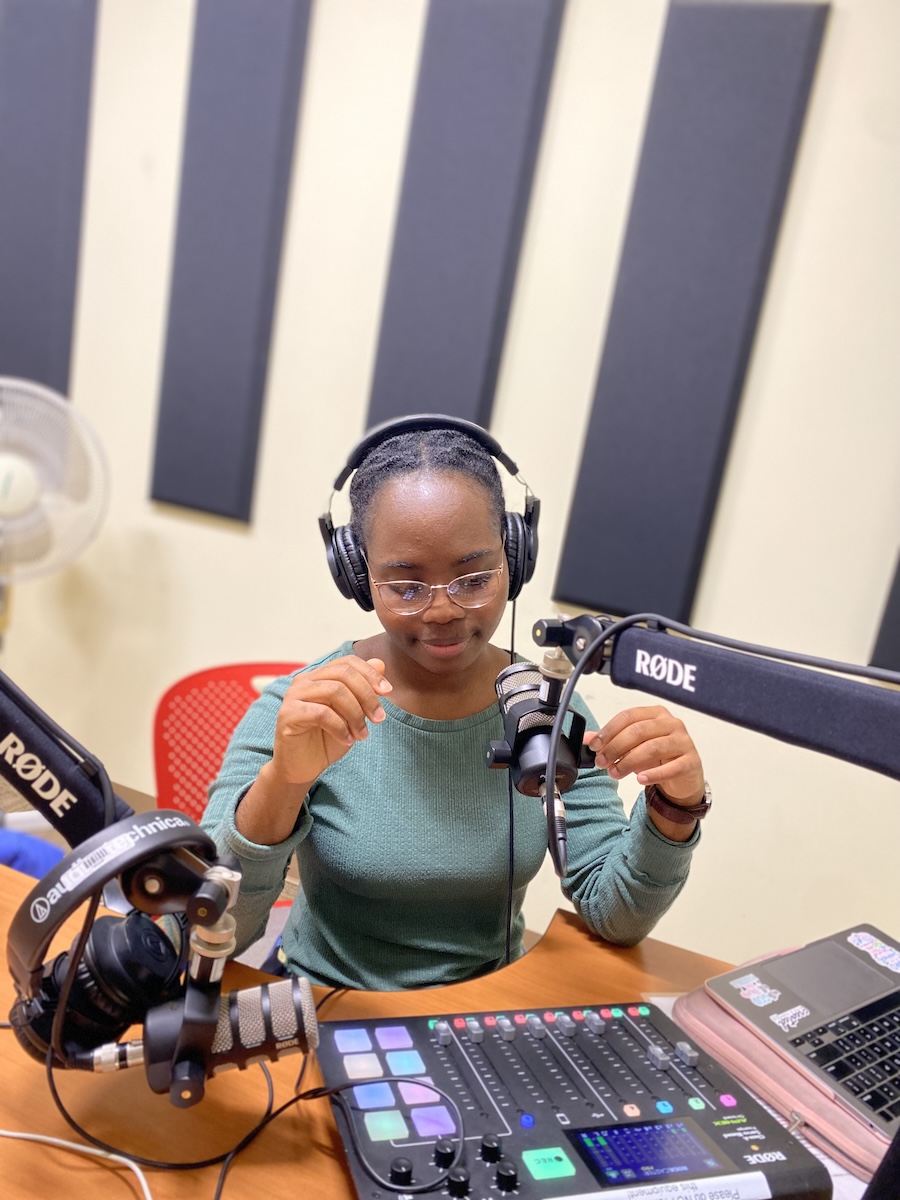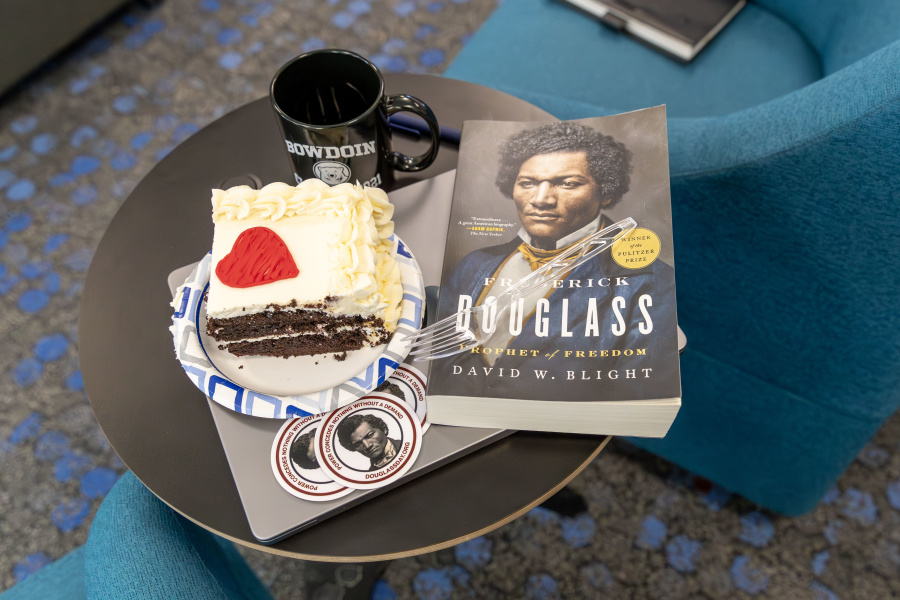Anti-racism Activist Tim Wise Speaks About Post-Obama Racism
By Katherine Churchill '16
Anti-racism activist and writer Tim Wise gave a talk last week to a full house in Kresge Auditorium on racism in the post-Obama era. Wise, whose talked was called “Resurrecting Apartheid, from Ferguson, to the Voting Booth, to the Border,” received his undergraduate degree from Tulane, where he had been a student activist in the 1980s fighting South Africa’s apartheid.
Benjamin Harris, director of Bowdoin’s Student Center for Multicultural Life, introduced the event by speaking about the importance of continuing to discuss race at Bowdoin, saying that he viewed the talk as a follow-up to the fall Town Hall discussion that looked at why white people should care about issues of race.
Wise began his talk by saying that he intended to argue that the United States suffers under a form of racism that he referred to as a “cousin” of apartheid. Wise cautioned that “there are lots of voices that will tell you that we don’t have to have this conversation” and went on to dismiss this manner of thinking. He said to blame “the discussion for the problem is like blaming the speedometer for the speeding ticket.”
Wise proceeded to discuss three aspects of modern-day racism that he viewed as similar to apartheid, citing voting, justice system, and housing inequalities. Wise argued that while these problems are not formally enforced, like apartheid, each of these aspects of racism is pervasive in American culture.
Regarding voting restriction, Wise discussed the Supreme Court ruling that removed Section Five from the Voting Rights Act. He talked about how voter-ID laws and laws restricting early voting all target people of color and low-income people, who are less likely to have driver’s licenses and are more likely to have restrictive work hours. When talking about inequity in the justice system, Wise said that the war on drugs put a disproportionate number of people of color in jail, although statistically white people as just as likely to use drugs as people of color. Wise blamed the “culture of policing” for the discrimination in the justice system, not individual cops, and suggested that a shift in the attitude of police needs to occur. Wise discussed the 2008 recession and the housing market crash and argued that they were both created through the legacy of housing inequality. Wise also argued that racism in part works to align poor and middle-class whites with rich whites even though their political interests might otherwise group them with people of color.
Tim Wise received a standing ovation following his remarks. After the talk, he answered students’ questions and signed copies of his books, including his memoir, White like Me: Reflections on Race from a Privileged Son, and his book Under the Affluence, which examines the affect of wealth inequality in America.



